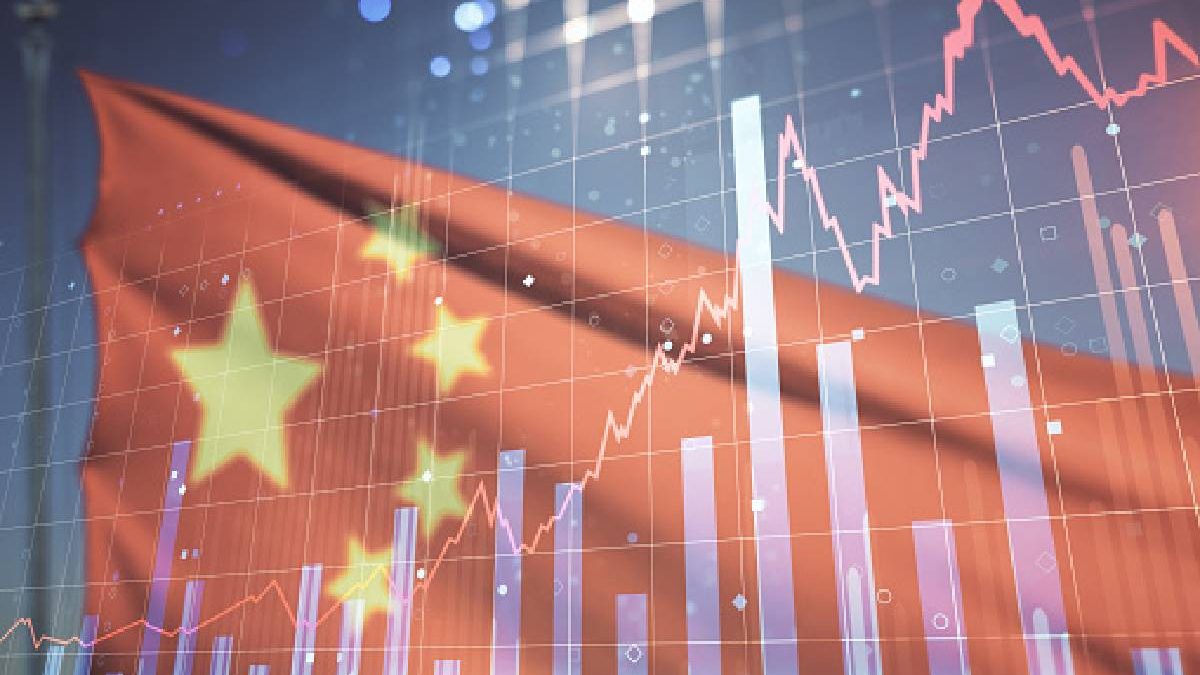In recent months, China companies have seen a boom in the regulations they must comply with. Fines, too, albeit to a lesser extent.
The so-called crackdown or harsh measures implemented by the Chinese government is nothing new, but it is more intense. This is especially true for the country’s technology companies.
From the internet industry (Tencent), food delivery apps (Meituan), automated hiring systems (Kanzhun), taxi apps (Didi) to online tutoring search engines, many of them are seeing government intervention and oversight evolving at a time.
When in which they operate economically has started to grow significantly within the country, or in companies that had already consolidated the Chinese market but were looking for new global markets, both commercially, with larger market shares and agreements in other countries, and on a financial level to go Foreign public markets.
Table of Contents
The technological crackdown in China
Such was the case with Ant Group, formerly known as Alipay, whose founder is Jack Ma (Chinese group Alibaba, known as Chinese Amazon). Ant Group is the most valued fintech company in the world. In November 2020.
Ant Group attempted an IPO in Shanghai and Hong Kong with a forecast of $34.5 billion, producing it the largest IPO in history. Before that happened, however, four Chinese regulators led by the People’s Bank of China met with Ant Group’s management team and local large-scale share sales on the grounds of avoiding monopolistic behaviour. The IPO had to be suspended.
Since then, there have been alike cases, such as the limiting of Didi Chuxing’s (the so-called Chinese Uber’s) exit, in this case on the New York Stock Exchange, because it was believed to have violated Chinese privacy protocols.
Employees. Shortly after that, it was narrowed down to Full Truck Alliance, a freight logistics application, and Kanzhun, a contract platform, for the same reasoning.
why is it happening
To understand Chinese oppression, we must look for several reasons. The preservation and stability of national security is one, but not the only one. The Personal Data Protection Act was passed in July, and the Personal Data Protection Act is scheduled to come into force in November.
The aim is to manage the use of “central government data,” i. H. of data considered essential to the country’s national security. This explains why CAC, China’s Cyberspace Administration handled the Didi Chuxing case.
The second reason concerns the concentration of power among Chinese tech companies. Ant Group is the most valued unicorn company in the world. Unicorn companies or $1,000+ million startups are few—225 globally, including 33 of Chinese origin (and 13 from the European Union).
From the USA, there are over 140, such as Uber or Airbnb. The Chinese government wants to avoid monopolistic behaviour through the State Administration for Market Regulation (SAMR, for its English acronym). Allowing a few companies to amass all of the country’s financial power and economic arms.
China has had an antitrust law since 2008, but the truth is that the SAMR only started creating new. Stricter rules in November 2020, with the support of Politburo in December.
Antitrust Regulation
In addition to antitrust regulation, there is also the fear that companies will concentrate too much power on themselves, i.e., without the state apparatus. Tencent and Alibaba have shared internet market power with interoperable services and platforms for eight years.
For example, Tencent’s payment system cannot be use on Alibaba’s e-commerce sites, and Alibaba cannot share its links on WeChat, Tencent’s messaging app.
In October last year, Alibaba founder Jack Ma complained at a conference in Shanghai that Chinese authorities were stifling innovation. Since then, regulators have cancelled his IPO, and he doesn’t make many public appearances.
The growth of these companies is constant. That is why, after meeting these companies and some others, such as ByteDance, Huawei, or Xiaomi, with the Ministry of Business and Information Technology. It has agreed to allow the interoperability of their platforms with each other.
In addition, the state participates in the customer rating system of Ant Group. Which operates in the credit, savings, and insurance markets.
Beyond
As you can see, the restrictions imposed by the Chinese government are not only aim at companies seeking foreign markets. Also, appeals are made not only on the grounds of personal data protection. And the truth is that there are two additional issues.
First, the suspension of Ant Group’s IPO has caused several. Chinese government agencies that had the power to regulate the markets enter into a rivalry with each other (the turf wars) to survive.
What is to come with the next round of Chinese communists will be party reforms—. Which consists in reducing the agencies and centralizing certain matters in a few.
In conclusion, no single reason can explain what is happening in China. Repression is in some cases due to reasons of national security and economic competitiveness. In others to reasons such as mental health and cultural change.
Well, in each of them, there is something in common. There is a tendency to prioritize strategic industries that might come closer to the German model of industrial policy than the American model. It will be crucial for the European Union and the United States to closely monitor this reality.

